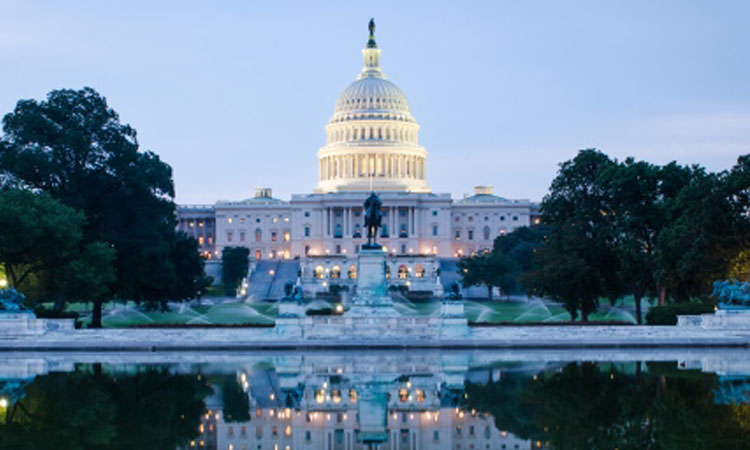
Now there’s a surprise
It all looked so easy a week ago. Hillary Clinton was going to win the presidential race and there was even a chance the Democrats could regain control of the Senate. Investors were relaxed at the prospect of another conventional US leader and more-of-the-same middle-of-the-road diplomatic and economic policies. Their world was upended as the results rolled in and, to the world’s astonishment, made clear that Donald Trump was heading for victory.
The first reaction of financial markets was one of panicked surprise. They sold everything within reach, including the dollar, running for the cover of gold and the safe-haven Japanese yen. And then, even before London opened for business on the Wednesday morning, they had a dramatic change of mind.
Trumponomics 1.0
After only a few hours’ consideration investors decided that President Trump’s policies might, after all, be positive for the US economy and the dollar:
- Tax breaks for corporations could see the repatriation of $2 trillion of profits currently held abroad
- Tax cuts for individuals would encourage spending
- Major infrastructure investments would, against a background of lower tax revenues, mean more government borrowing
- An expanding economy and more government borrowing would push up inflation
- Rising inflation would mean higher interest rates, which are traditionally good for the dollar
There’s a lot of two-plus-two-equals-fives here and to say Mr Trump’s policies are sketchy is to exaggerate their precision. Yet that is the mood of the moment. Nobody is talking about the elimination of 3 million undocumented aliens or the erection of trade barriers and tariffs.

Brexit? What’s Brexit?
One of the surprising effects of Mr Trump’s elevation has been to send sterling to the top of the class. Over the last week and month it has been the leading performer among major currencies, strengthening by 3.3% and 4.2% respectively against the other dozen most actively-traded.
There at least some fundamental reasons why this should be so. For one, Britain’s economic growth in the third quarter was stronger than the United States, the euro zone and the rest of G7. But sterling’s biggest help has come from last week’s vote. Until then Brexit was the biggest perceived risk to global economic calm. That is no longer the case and Brexit, if not forgotten, has been eclipsed by the far greater uncertainty surrounding a Trump presidency.
European unity
Another unexpected result of the American election has been to cast doubt on the cohesion of the euro zone. After clearly anti-establishment votes on Britain’s EU membership and the United States’ president investors worry about populist results elsewhere. Italy’s reform referendum next month will be first to test the waters and next year brings general elections in Germany, France and the Netherlands. Protest votes are easy enough to imagine and one in France could lead to an in/out referendum on the euro. Oh, and don’t forget Greece.
The good news
Donald Trump’s policies are said to be written on the back of a cigarette packet, so are renewed on an almost-daily basis. Once he has surrounded himself with a professional cabinet those policies should become more comprehensive and anchored. That will make it easier for investors to form strategic plans.
The bad news
At the moment investors are happy in their ignorance. They might be less so when they have a clearer picture of what could lie ahead.
Sarah, Senior Account Manager at Moneycorp
Moneycorp is one of the largest international payment companies supporting over 90 currencies. Last year Moneycorp traded over £22.6 billion worth of international money transfers. Find out how Moneycorp can help you with your international transfer here.






